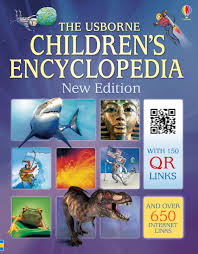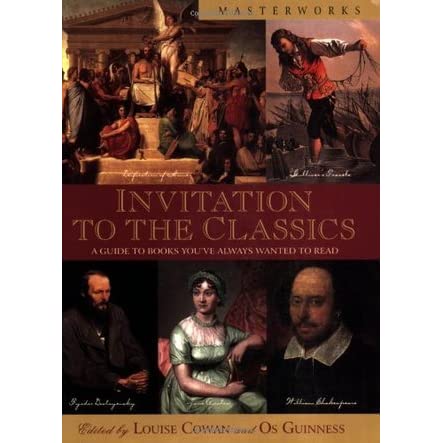|
I am surprised and saddened to hear how many homeschoolers do not have a basic home reference library. On the other hand, I know that materials are expensive and not everyone has a lavish budget or abundant space. But if you are going to be homeschooling, especially for the long-term, you need to start building one a little at a time. Here are my suggestions for what to include and where to look for resources. Many of them are free online, however, I think the print versions are far superior. I also include links for some of my favorites, but other good ones exist, too. If you run across ones you like...please send me an email and I will share: [email protected]
1. All-purpose modern dictionary Many dictionaries are free online. New World College Dictionary 2. An older dictionary This one is free online. It also has fuller and richer definitions with Christian/Biblical definitions. As an example, find "education" in a modern dictionary and compare it with "education" in this dictionary. 1828 Dictionary of the American Language by Noah Webster Kids learn alphabetical order when they look words up in a dictionary. Also, when I look up words, my eyes naturally stray to nearby words and I often pick up a new word or two that way as well. This does not happen with online searches. 3. Thesaurus Oxford American Writer's Thesaurus There are so many good ones out there and there are free ones online as well. 4. Invitation to the Classics: A Guide to Books You've Always Wanted to Read 5. Handbook for Writer's by Janice Campbell I have seen a lot of English handbooks and I think this is one of the very best. Worth the money. 6. MLA Writing Handbook Can also be found for free online at Purdue Online Writing Lab 7. APA Writing Handbook Can also be found for free online at Purdue Online Writing Lab 8. Chicago Manual of Style Can also be found for free online at Purdue Online Writing Lab 9. Children's Illustrated Encyclopedia Many, many of these can be found, too. 10. A globe There are tons more great references and resources, but this is a good, basic, start. I chuckled when I thought of the title for this post, but it is apt. This is a keeper book in my personal library and it is a classic reference on classic literature. It gives excellent, but brief, info. on authors of classic works, important historical background, and a short look at one of their most-known works. It begins with Homer and ends with Solzhenitsyn. If you are a serious homeschooler, you really should be building a library of reference books. It will save you time going out to the library or worse...doing without! Sometimes I am a bit embarrassed about my ignorance of modern literature until I remember the classics. I have read a lot of them, but not all of them. There is just no end of them and I cannot pull myself away from the best to read only the good. In case you don't know what the big deal is about classics, consider the following: "We should be custodians of culture." Anyone who knows me knows I love art of all kinds and I love pictures and illustrations. Nevertheless, we should not replace images with reading. Words are important for both the mind and the spirit. Charlotte Mason was such an advocate of this idea, that the mind needs food every bit as much as our physical bodies. We don't want to feed our bodies junk; why would we do that with our minds?
Reading should not be a race. It is one reason I have never been fond of encouraging kids to read "X" number of books. Why? There is no value to having read like a speed demon. It is much better to have read two classics and have contemplated and absorbed them. How many books have you read and forgotten because it was consumed and discarded? Again, Charlotte Mason advocates the oral or written re-telling of one short passage at a time. Why? Because we can only remember and digest a small bite at a time. The younger the child, the shorter the selection. For older children or adults, a chapter might be fine. The more challenging the work, the smaller the bites. It is better to ask: What do you remember? What did you learn? It's also great training for pulling one's thoughts together and articulating them. The classics are often entertaining, but they offer more than a good story. They present themes important to all of us: the meaning of life and death and how they should be approached; right and wrong; triumph and tragedy. They make you think. It is surely not the last you will hear from me on the value of the classics. This why my online literature classes uses classic works rather than textbooks. You can see my literature and writing classes for 2020-2021. |
Renee MetcalfWhere will you find me when I am not teaching? For your reading pleasure!
August 2023
Topics
All
|


 RSS Feed
RSS Feed
